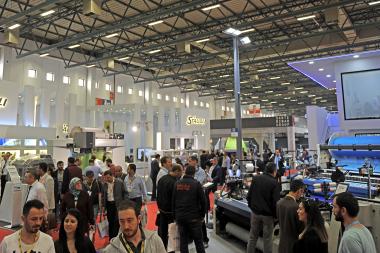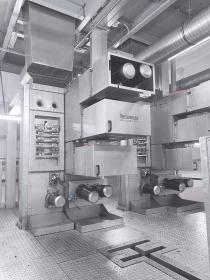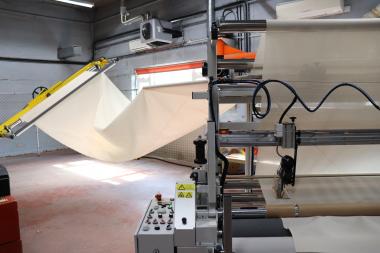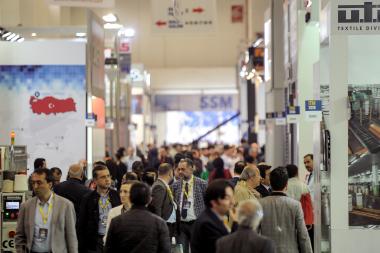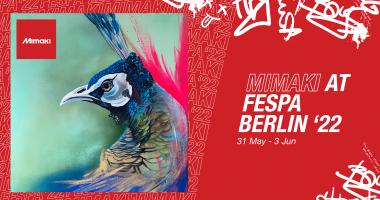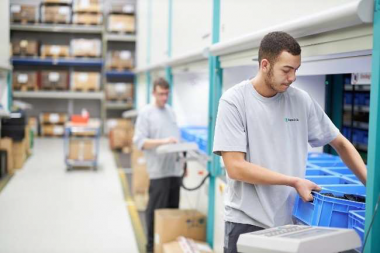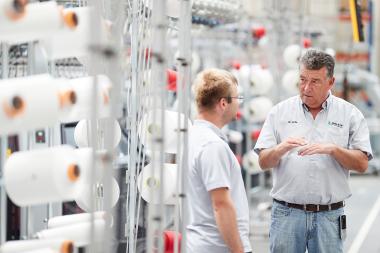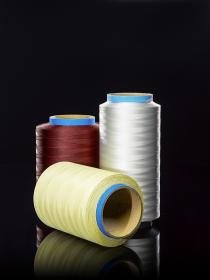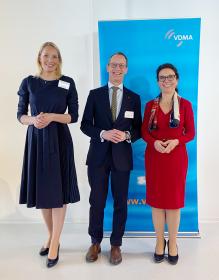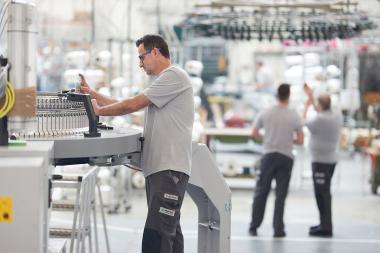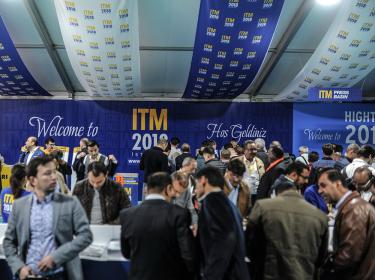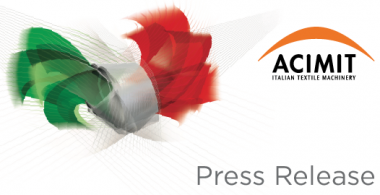Trützschler Man-Made Fibers presents OPTIMA systems for industrial yarns
Trützschler Man-Made Fibers introduces OPTIMA for IDY and expands the range of the OPTIMA extrusion systems by the industrial yarn (IDY) sector. In addition to OPTIMA for carpet yarns (MO40-C, MO40-E and TO40), variants for manufacturing (semi-)industrial multifilament yarns are now joining the line.
Since 2012, Trützschler has been developing and building high-performance extrusion lines for carpet yarns (BCF - Bulk Continuous Filament) and industrial/technical yarns made of polyester, polyamide and polypropylene. The market launch of the OPTIMA concept for BCF took place in 2019 and has established itself in the markets since then. OPTIMA was designed as a modular platform and now also includes solutions in the IDY (InDustrial Yarn) sector.
OPTIMA systems for industrial yarn (TEC-O40 and TEC-O80) impress with flexibility application and end product diversity. Both concepts offer a wide range of design options and can be tailored precisely to meet end product and the throughput requirements.
OPTIMA enables the production of high-tenacity yarns for shoelaces, ropes and nets as well as low-shrinkage qualities for tire cords, truck tarpaulins and airbags. As the lines are modular, they can be quickly adapted to new market developments and end products.
Trützschler Trützschler Nonwovens & Man Made Fibers GmbH yarn man-made fibers Teppichgarn Ropes
Trützschler Nonwovens & Man-Made Fibers GmbH







